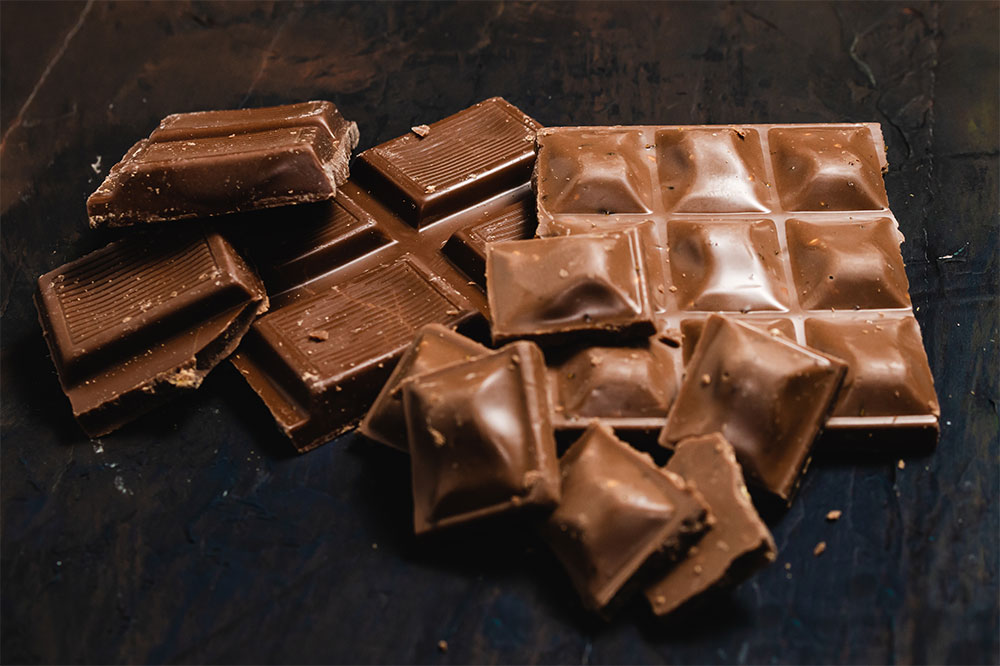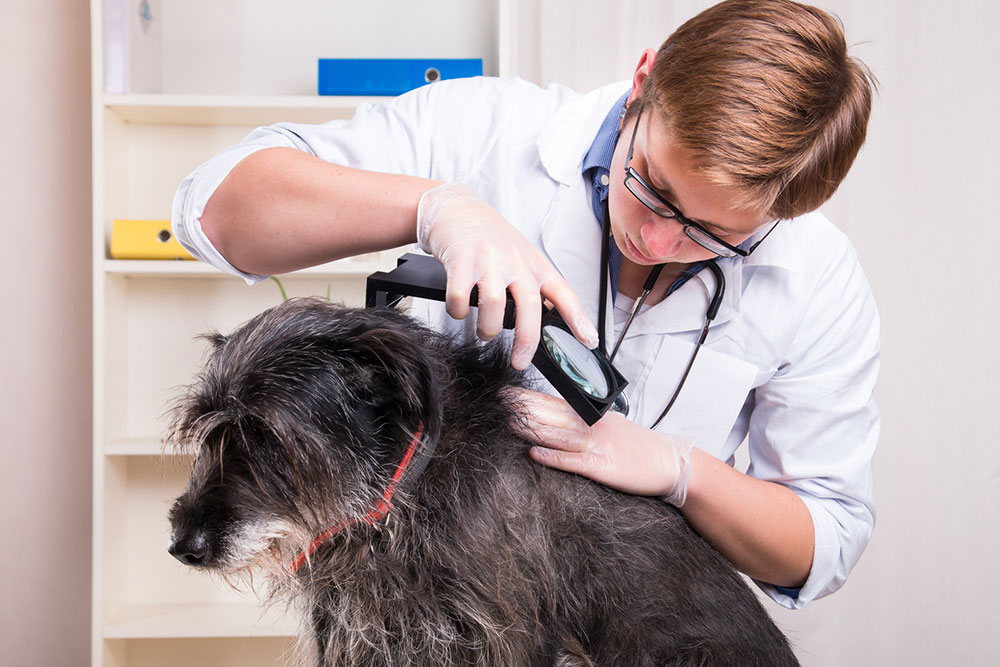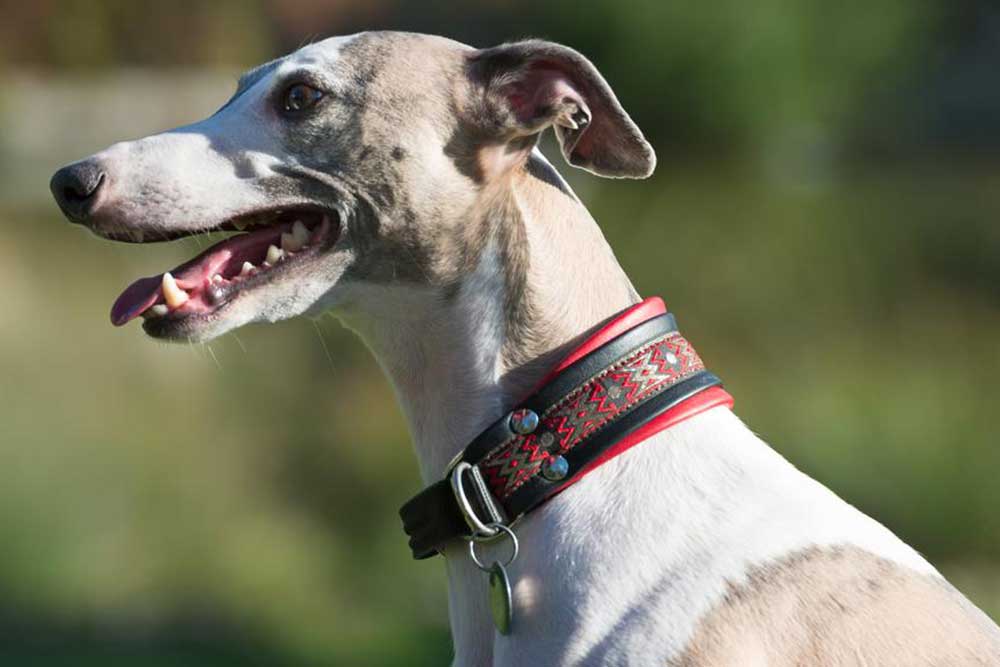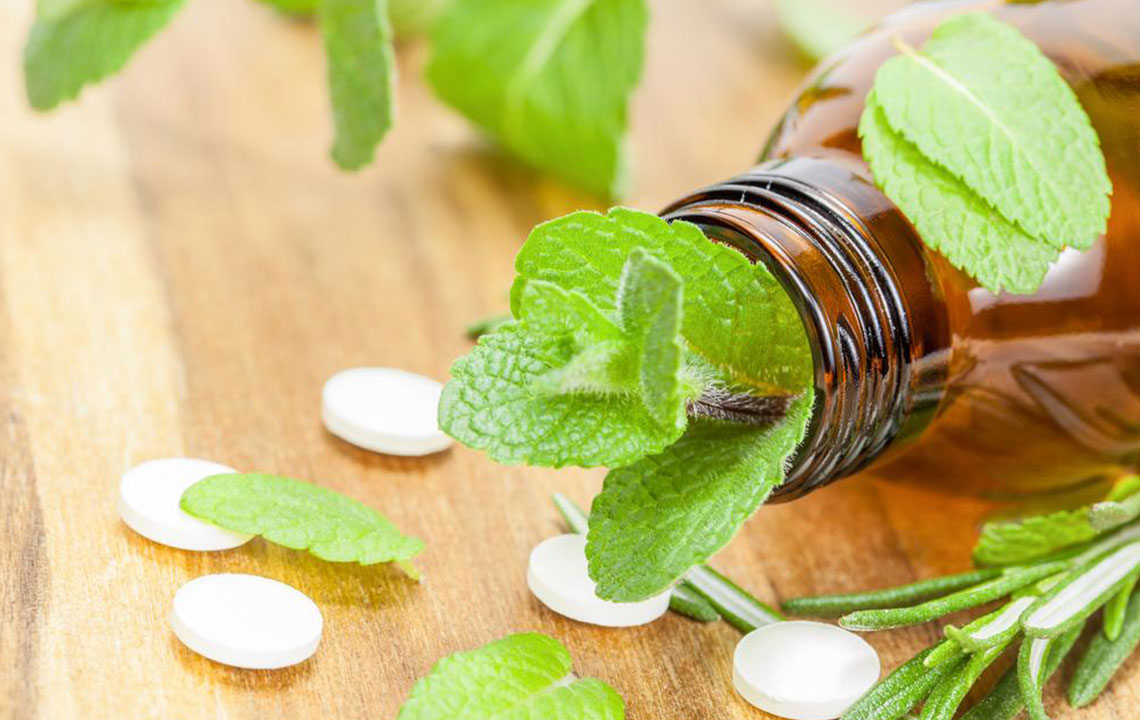Top 5 Human Foods That Are Dangerous for Cats
Discover the top five human foods that can be dangerous for your feline friends. Learn which common items like raw meat, onions, chocolate, grapes, and dairy can pose health risks to cats. Protect your pets by understanding these hazards and ensuring a safe environment. Always consult your veterinarian for guidance on pet nutrition and safety.
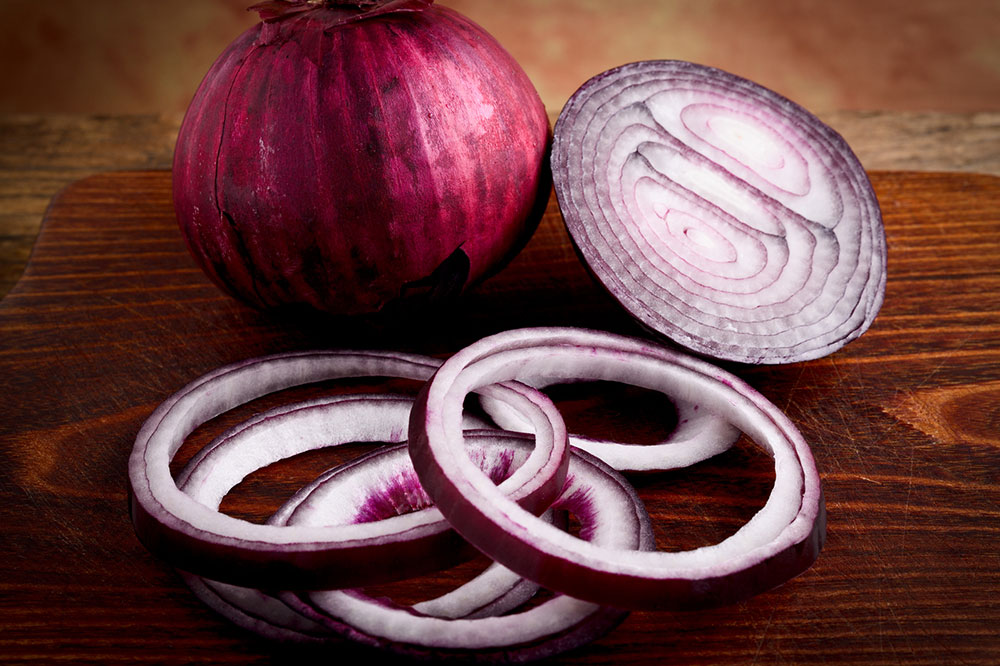
Top 5 Human Foods That Are Dangerous for Cats
As beloved members of our families, pets deserve our care and attention, especially regarding their health. While it’s tempting to share our meals with cats, some human foods can pose serious risks. This article highlights five common foods that are harmful to cats and explains their potential dangers.
1. Raw Meat and Eggs
Despite their hunting instincts, cats should not eat raw meat or eggs. Raw foods can carry bacteria like Salmonella and E.coli, leading to symptoms such as diarrhea, vomiting, and fatigue. Raw eggs contain enzymes harmful to their skin and coat. Avoid giving bones, as they can cause choking, injuries, or dental issues.
2. Onions and Garlic
These common kitchen ingredients are toxic to cats. They can damage red blood cells, leading to anemia. Even small amounts in food or exposure to concentrated forms can cause symptoms like lethargy, weakness, pale gums, and loss of appetite. Immediate veterinary attention is crucial if ingestion occurs.
3. Chocolate and Cacao
Known for being hazardous to dogs, chocolate and cacao are also dangerous for cats. They contain theobromine, which can cause toxicity symptoms ranging from vomiting and diarrhea to seizures and even death if untreated. Dark and unsweetened chocolates pose the highest risk. Keep all chocolate products out of reach.
4. Grapes and Raisins
While their effects are well-documented in dogs, the impact on cats remains less clear. Nonetheless, it's safest to avoid offering grapes or raisins, as they may contain toxic compounds. The ASPCA recommends immediate veterinary care if a cat consumes these fruits.
5. Dairy Products
Contrary to popular belief, many cats are lactose intolerant. Feeding them dairy can cause digestive upset such as diarrhea, vomiting, and cramping. Cow’s milk and related products should generally be avoided, especially for kittens and adult cats prone to intolerance.

